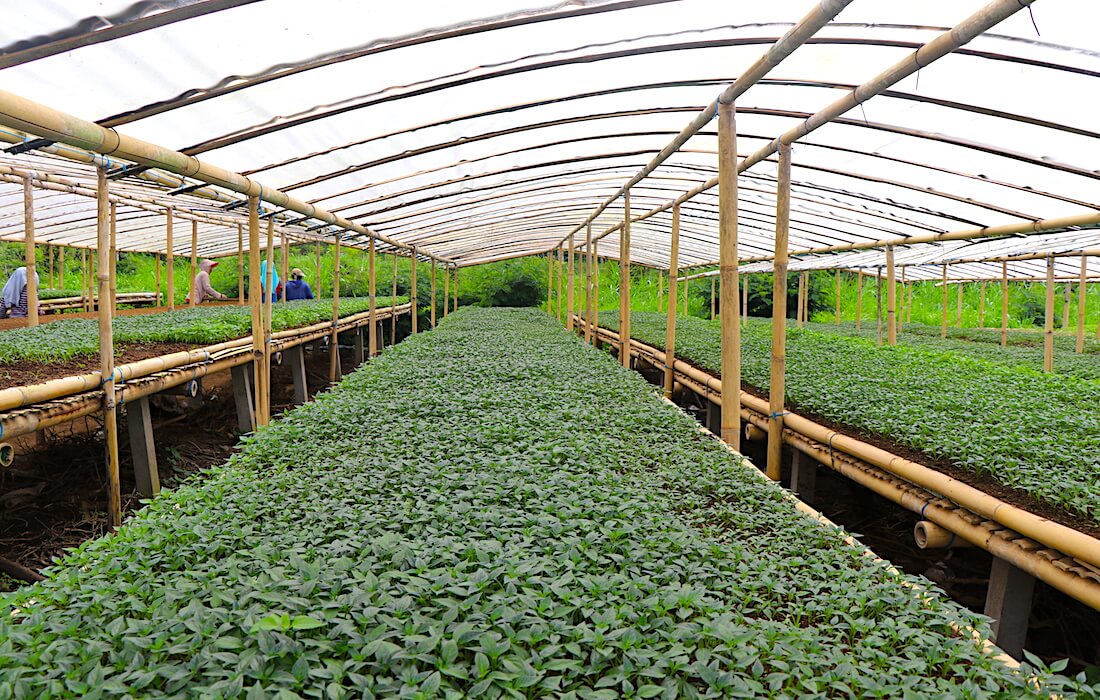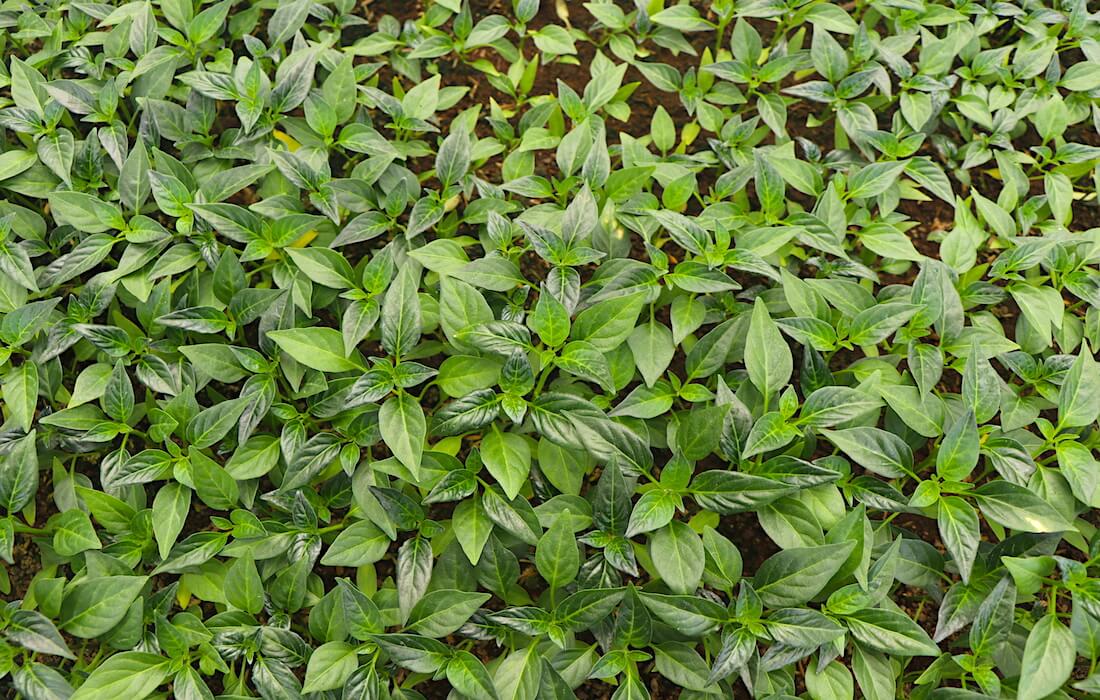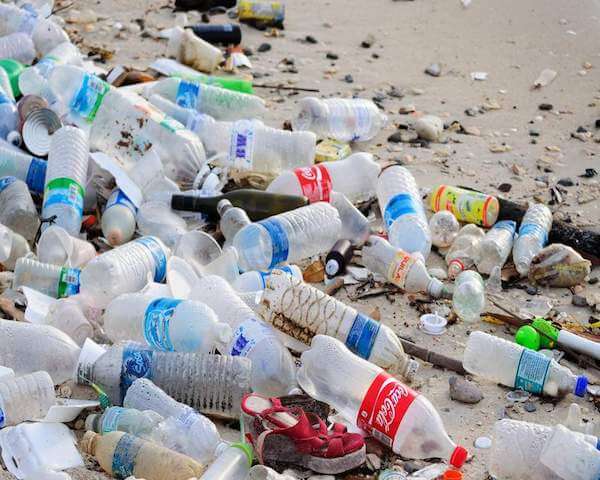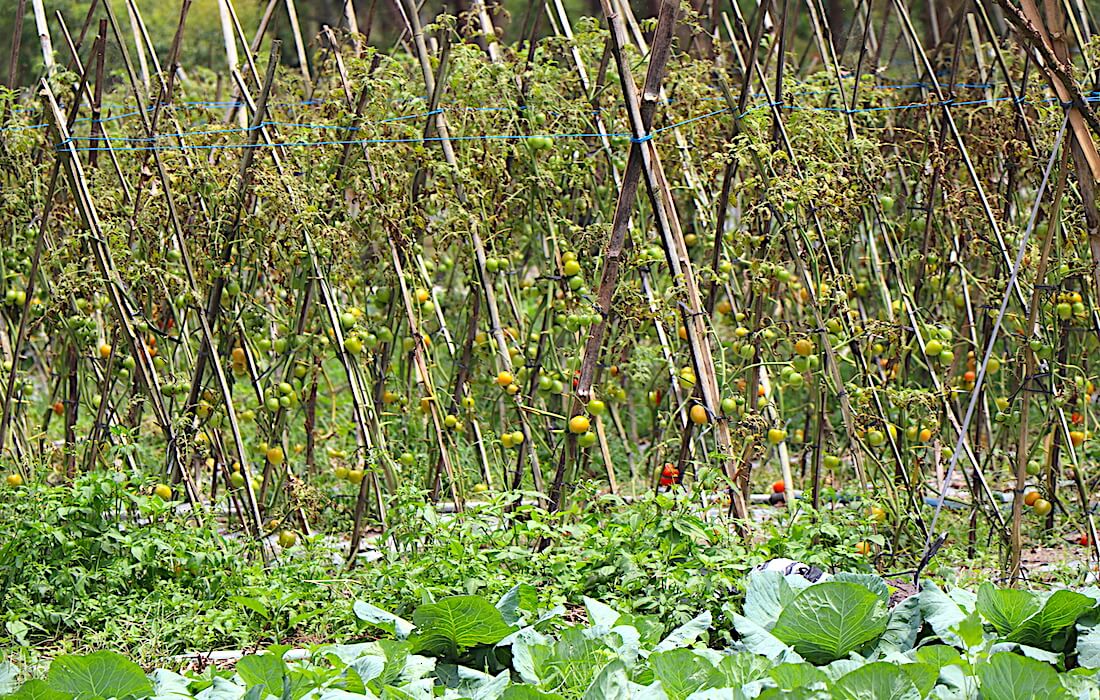Change your eating habits by choosing a green diet while reducing your carbon footprint
GO GREEN

If you are trying to help protect the environment and make our planet greener, you will probably already know the basic ways to reduce carbon footprint. Walking or cycling is the best way to commute in the city. Recycling. Buying energy-efficient appliances, saving up for heating, water, electricity. However, changing your eating habits by making smart food choices is perhaps the most important aspect of reducing carbon footprint.
However, changing your eating habits by making smart food choices is perhaps the most important aspect of reducing carbon footprint.
How can I make my diet green and at the same time help the planet, save money and keep my body healthy?
1. Consume less meat
Do not worry, this does not mean you have to become a vegan vegetarian. Sometimes small changes can make a huge difference.Reducing meat consumption is the best way to reduce your carbon footprint.If you consume 100g of meat per day, reducing consumption by half (50g), you can reduce the carbon footprint associated with food by 30%. Simply reducing the consumption of red meat can also make a big difference. Beef production uses 23 times more land and 11 times more water than pork or chicken. In addition, 160 times more land is needed and 11 times more greenhouse gases than vegetable food. With small changes in your daily routine such as reducing the grams of meat consumed per day, reducing red meat consumption, or even following a Mediterranean diet with 2 times a week eating meat, you could make a substantial contribution to reducing greenhouse gas emissions.


2. Buy local and organic products
- Organic farming is a method of crop and livestock production that involves much more than choosing not to use pesticides, fertilizers, genetically modified organisms, antibiotics and growth hormones.
- Organic food is more environmentally friendly since organic farming leads to natural equilibrium and higher soil fertility, ecosystems conservation and pollution reduction. In livestock farming, organic feed is used primarily, and the use of pesticides and herbicides in food facilities is prohibited. The result of these methods is not only the final production of healthy food products but also the protection of the environment.
- Local products.If you are choosing between buying produce from a local farm or from identical farm from far away, picking the one with the least “food miles” is the way to go.The fewer miles our food makes from the farm to the table contributes significantly to the reduction of gas emissions.
3. Do not waste food
By throwing away excess food you are not only wasting your own money but also the land, energy labor and the capital spent to produce this food. For example, food waste in Europe could feed 200 people.
What can you do?
- You have a complete shopping list when you visit the supermarket.
- Don’t buy what you don’t need.
- Do not buy bottled water, equip your kitchen with a good water filter and beautiful glass bottles.
- Avoid products that include lots of packaging
- Never throw food, re-create a new recipe, or offer your food to someone who needs it.
- A rubbish bag less a day could greatly help the planet.

don’t use plastic water bottles

use real glass bottles
4. Avoid processed foods and learn to cook with care
Processed foods require the use of increased energy efficiency processes such as freezing, canning, drying, and packaging. Choose a healthy diet with organic products, try to eat raw foods whenever you can, such as fresh salads, fruits, nuts and vegetables. Cook the quantity you will need to eat, not more, recycle your food by not throwing anything away, even the cucumbers from a cucumber could be used in an imaginative new recipe.
In conclusion, by changing your eating routine, you can contribute substantially to reducing gas emissions. Benatura suggests a green balanced diet with an emphasis on organic products to local farms with the lowest emissions from food production.Try to reduce processed foods and bottled water.Respect your food, the environment you live in and breathe, in fact, respect yourself.



